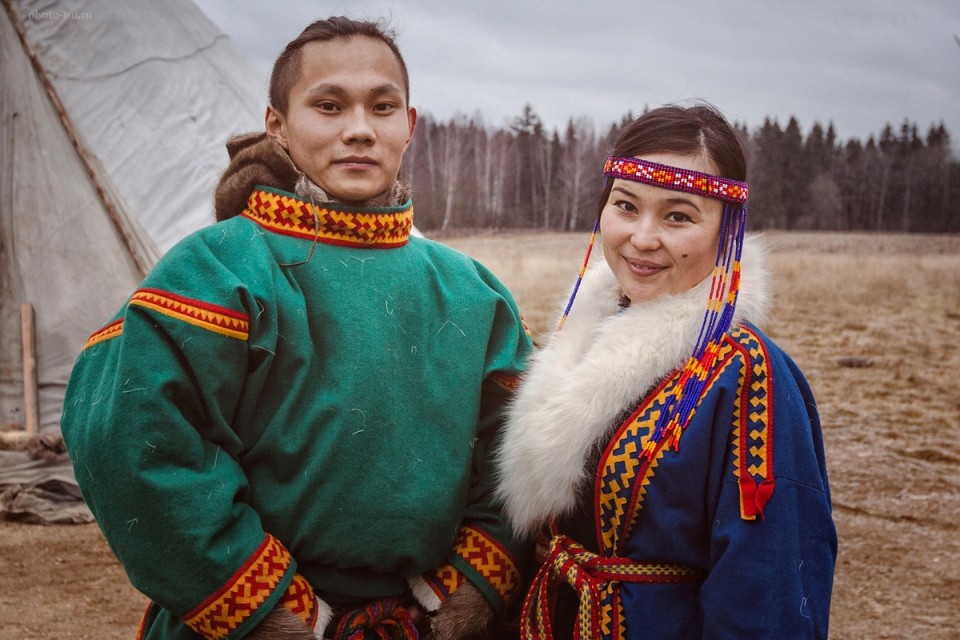
Studies of the customary legal nature of relations and the traditional ethnic history of the peoples of the European North-East of Russia and the Trans-Urals in the XVII—XIX centuries, as part of the peoples living on the territory of the vast Russian state, are of particular relevance and importance today. Customary law in the field of marriage and family relations was formed in stages and gradually, due to the fact that the Russian lawmaker could not always regulate in detail the various spheres of life of the peoples who inhabited the vast expanses of the Russian state, taking into account their lifestyle, ways of doing business and existing customs, providing an opportunity for these peoples to regulate marriage and family relations by norms emanating from the depths of people's legal consciousness. Customary law regulated the functioning of such important legal institutions as marriage and the family. It consolidated not only the requirements for marriage, property relations that arose at the time of marriage and in the process of family life, but also the patriarchal way of families, as well as the status of a family member in its hierarchical structure. In the XVII—XIX centuries on the territory of settlement of the Komi, Nenets, Khanty, Mansi in a parallel mode, the regulation of legal relations carried out not only customary, but also positive law. The latter regulated the most important principles of the organization and functioning of the institutions of the family and marriage. Customary law sought to supplement the positive, to detail the emerging marriage and family relations, adapting them to the existing economic, climatic conditions, systematizing the norms into a kind of unwritten (oral) code of customary legal attitudes, objectified in legal traditions, rituals. All this made it possible to preserve the value of the institution of the traditional family, as well as the features of the functioning of ethno-local societies. Customary law among the peoples of the European North-East of Russia and the Trans-Urals in the XVII—XIX centuries did not exclude the norms of positive law, but supplemented it.
Source: Plotskaya O.A., Ruchkina G.F. (2022). Marriage and Family Relations among the Peoples of the European North-East of Russia and the Trans-Urals in the XVII – XIX centuries in Customary and Positive Law. Bylye Gody. 17(3): 1064-1072
Source web-site: https://bg.cherkasgu.press/journals_n/1662031000.pdf
Number of views: 2799